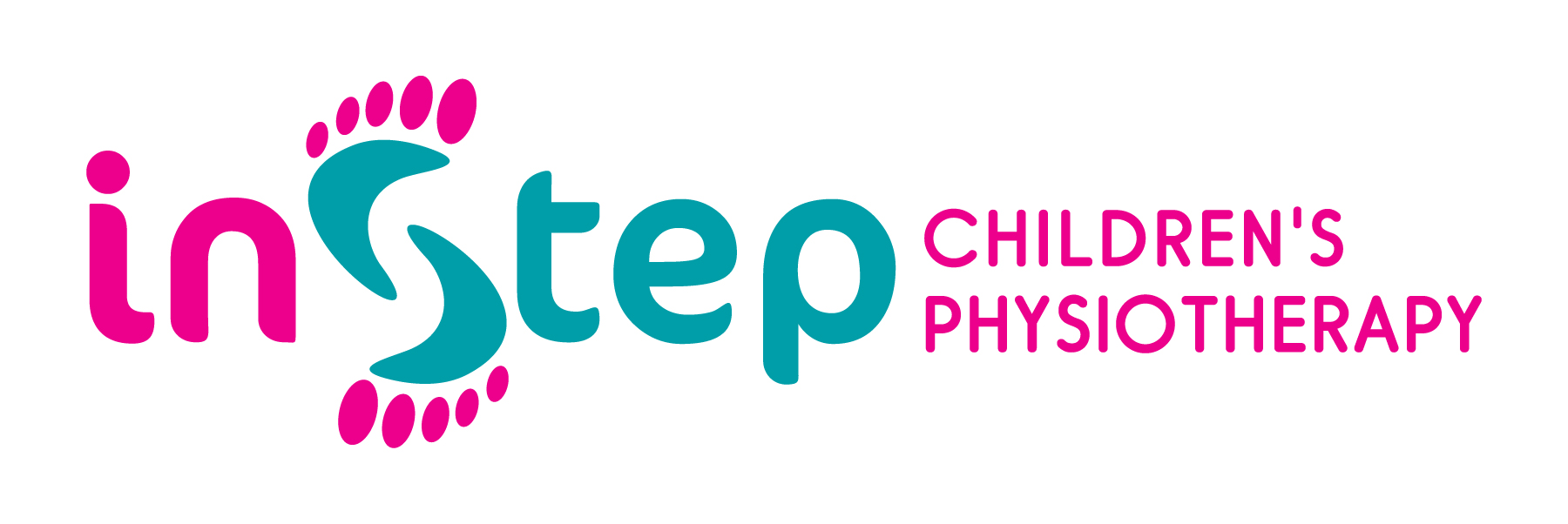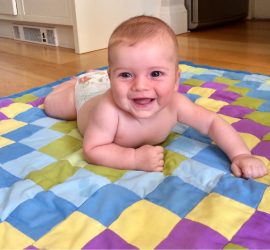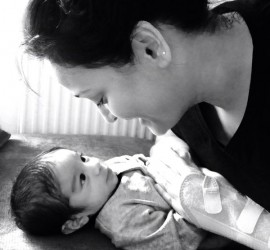The Bayley assessment is a developmental assessment that is appropriate for children from birth through to 3 ½ years. It is widely used throughout the world as a reliable tool for assessing developmental progression. Within the UK and most NHS hospitals it is used largely for premature babies, but it also has a wider application for all children, where there maybe concerns around development or to ensure peace of mind, that your child is developing age appropriately.
In order to be certified as an assessor, health care professionals are expected to have sound developmental knowledge (it can be carried out by paediatric doctors/Physio/OT/Speech therapists or psychologists) and then need to undergo an intense 2 day training programme, which involves real time assessment as well as video assessments.
The assessment is lengthy, lasting up to 90 minutes, but it is fast paced and most children are able to engage throughout the testing process. The child is asked to do a number of activities to see if their thinking, language, and moving (sitting, walking) skills are similar to children of his or her own age. Some of the activities the child will be asked to perform will seem very easy while some of the activities will seem very hard, which helps to establish the ‘ceiling’ of their developmental age. You can read more about what areas the test covers by clicking here.
I recently carried out the assessment on a child who was 2 years old (at the time of the assessment), his mum was concerned as he is very active that she didn’t think he would sit still for the whole testing period! He did remarkably well much to his mum’s amazement, and I explained it was due to the fast and interactive nature of the test as well as everything being play and game related. You can see short video clips of the testing and his enjoyment!
video Fine motor
video_1 Expressive language
Following on the from the assessment, a detailed report was created and sent to the parents and GP, although the child did well in most areas of the test, it helped to provide guidance to the parents on techniques to assist with his expressive language development. The report also helped the parent seek out extra speech and language therapy for her son, to establish further ways to help his language skills. The testing process has allowed (as you can test in certain areas as separate entities such as language/motor skills/cognitive) this particular parent to book a further review test with just language being tested, in 6 months to see if her son is continuing to improve with his language acquisition and again provide guidance on any other techniques that maybe useful.
‘I was very happy with the whole process of the Bayley assessment, I was surprised that my son was able to keep engaged throughout the whole assessment. It was interesting to understand his subtle signs when tasks become too difficult and I’ve been provided with a lot of guidance on methods to continue to encourage my child’s development’ Mum.
If you would like to arrange a Bayley assessment, please contact swati@instepchildrensphysio.com









